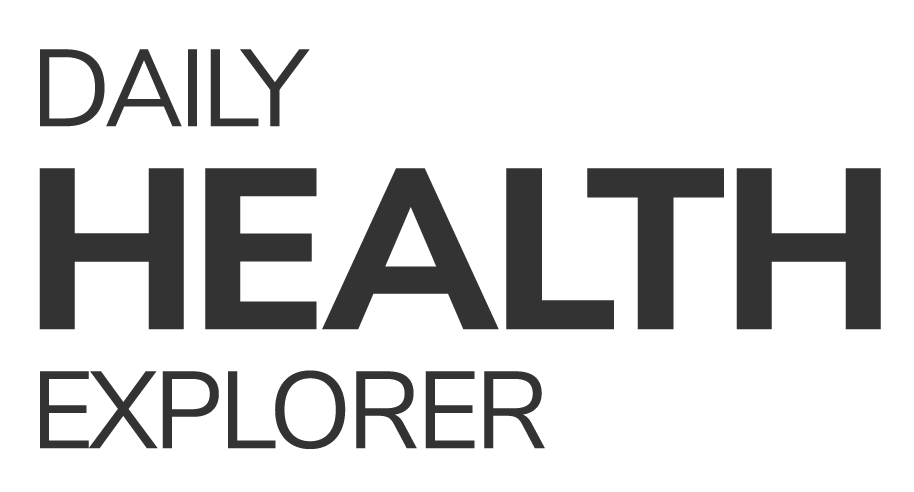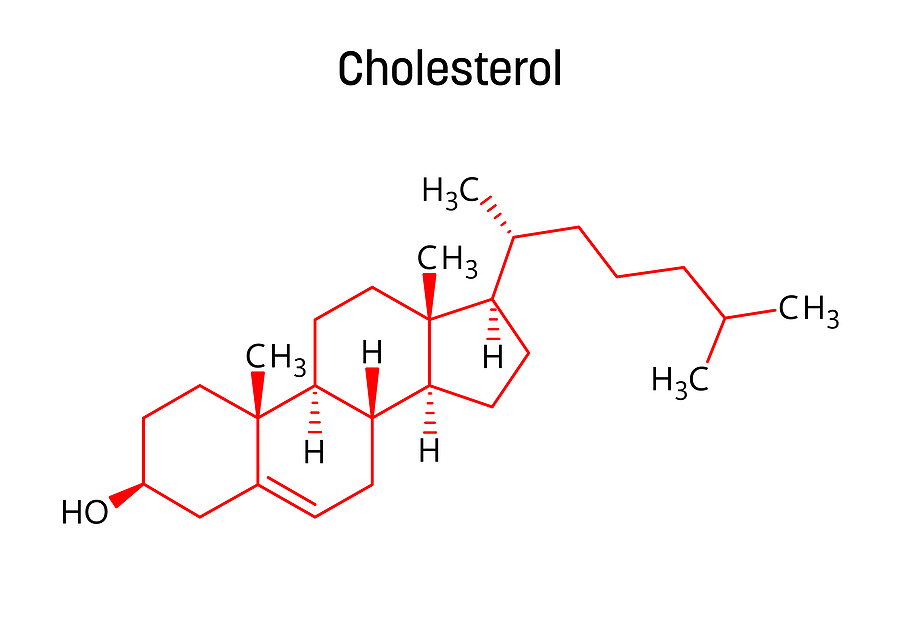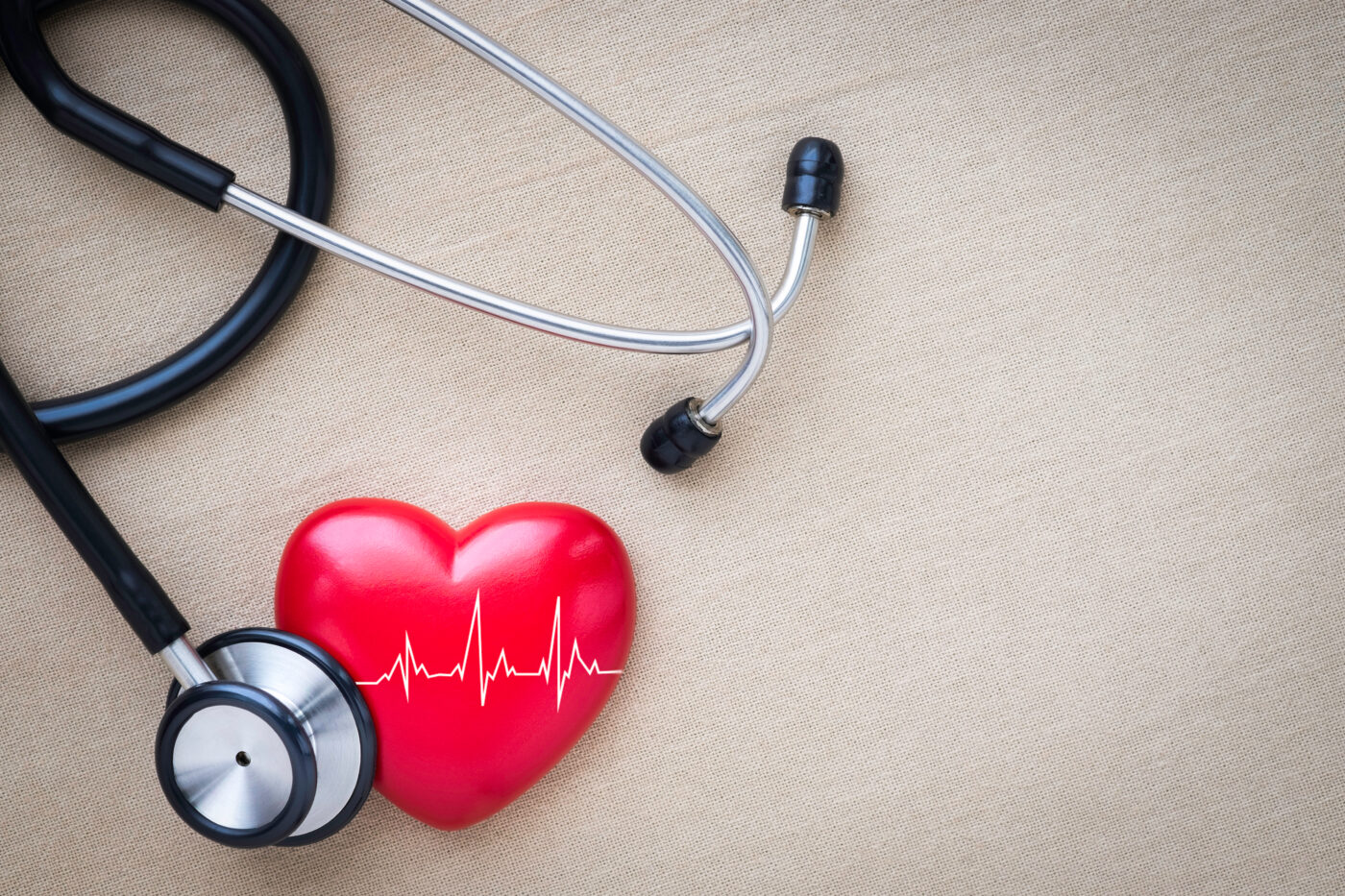Let’s take a moment to talk about, and clear up some confusion on something important-our Cholesterol.
Firstly, it’s important to note that cholesterol is not actually a type of fat, which is what most people believe. Instead, it is a lipoprotein – a protein with a lipid attached to it. Although it does contain some fat, this is not its primary component. Rather, cholesterol is necessary for the structure of cells. Without cholesterol, cells would be too unstable to function properly, which could lead to serious health issues.
In fact, cholesterol is so important that without it, our bodies would be unable to produce supportive hormones, including testosterone, estrogen, progesterone, pregnenolone, and DHEA. These hormones play a crucial role in maintaining our overall health, so it’s essential that we have enough cholesterol in our bodies to support their production.
Moreover, cholesterol is vital for the structure of our brain and its insulation, as well as for the production of Coenzyme Q10 and Vitamin D. These two substances are essential for maintaining energy levels and promoting overall health, so a lack of cholesterol can have a serious impact on our wellbeing.
It’s also worth noting that there is an optimal range of cholesterol levels that we should aim for. While having too much cholesterol can be harmful, having too little can be just as damaging – or even worse. Studies have shown that the ideal range for cholesterol levels is between 210 to 250, with levels below or above this range being associated with an increased risk of death.
In conclusion, it’s important to understand that cholesterol is not the enemy that it is often made out to be. Instead, it is a vital component of our bodies that is necessary for our overall health and wellbeing.



